Illustrative projects
Institute of Natural Resource Sciences
The selection of projects described below highlights the breadth of research carried out at the Institute of Natural Resource Sciences.
KREIS-Haus – experience how cycles work: from the laboratory to the field
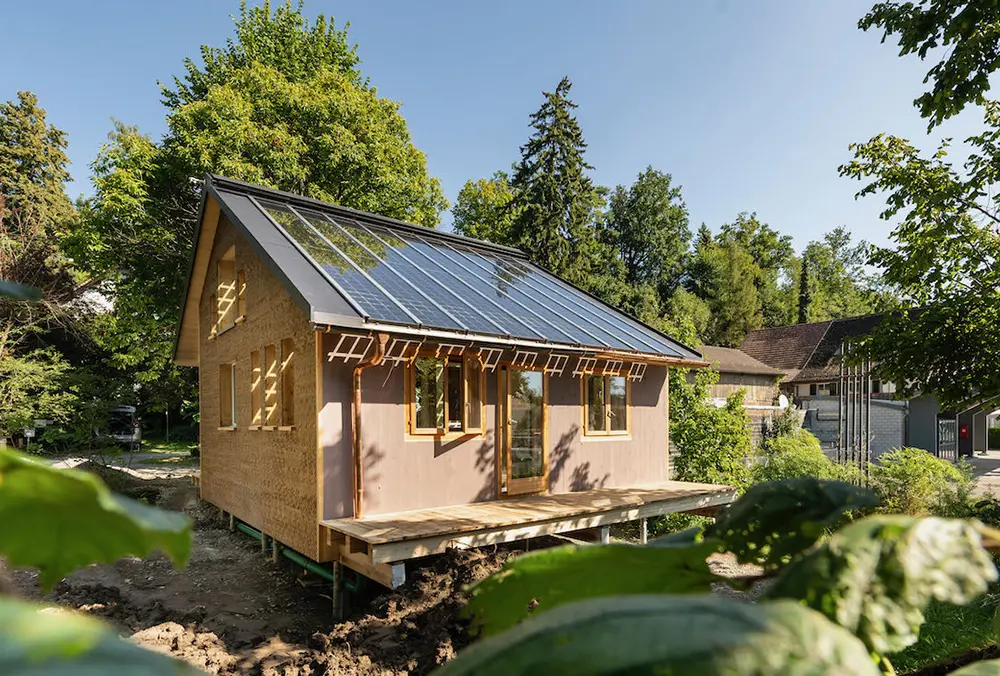
What does the circular economy look like in everyday life? In the KREIS-Haus, visitors can experience how the circular economy works in the context of construction and, at the same time, be part of a research project.
Project goal: The KREIS house provides a space to try out new technologies and materials, in order to test and improve new solutions. The objective: Make climate-neutral, ecological and sufficient living tangible for everyone.
Research Group: Ecotechnology
Main projekt partners: Synergy Village, Oikos & Partner
Further information: Project website
Investigation of visitor development in Val Mora in the Biosfera Val Müstair Nature Park
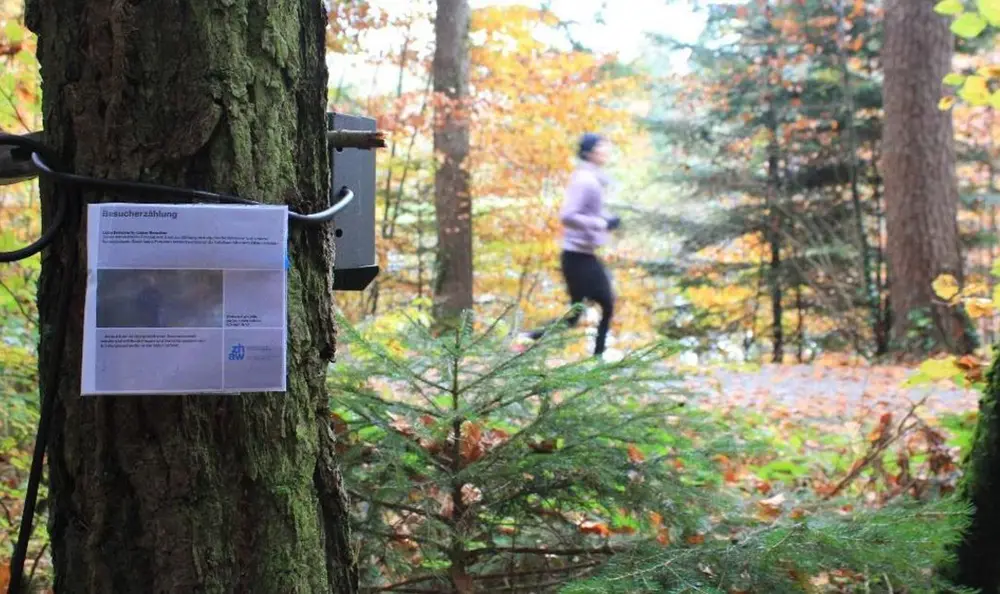
In the Beverin Nature Park in Graubünden, a multi-year project has been investigating the environmental impact of the increasing use of the park by outdoor sports enthusiasts.
Project goal: The analysis of current data on visitors in the Val Vau - Piz Umbrail - Lai da Rims - Val Mora area serves as a basis for the introduction of measures to reduce or avoid conflicts over the exploitation of assets.
Research group: Environmental Planning
Further information (in German): Project website
Agrophotovoltaics: Energy production in the field
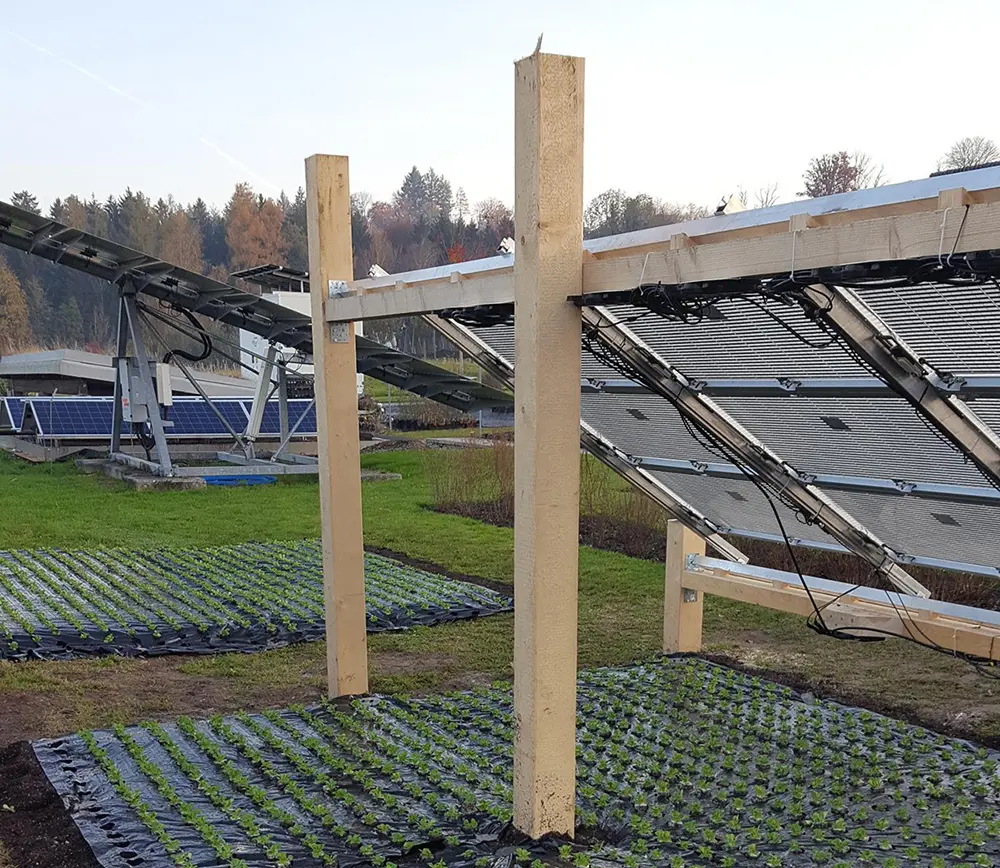
How viable is the combination of energy production and agriculture? An agrophotovoltaic experiment is investigating the dual use of agricultural land for energy production and the cultivation of crops or animal husbandry.
Project goal: Development of the necessary technical and agricultural know-how in order to use areas for agro-PV in an optimal way.
Research groups: Horticulture, Geoinformatics, Renewable Energy
Further information (in German): Project website
MOVING – Mountain Valorization through Interconnectedness and Green Growth
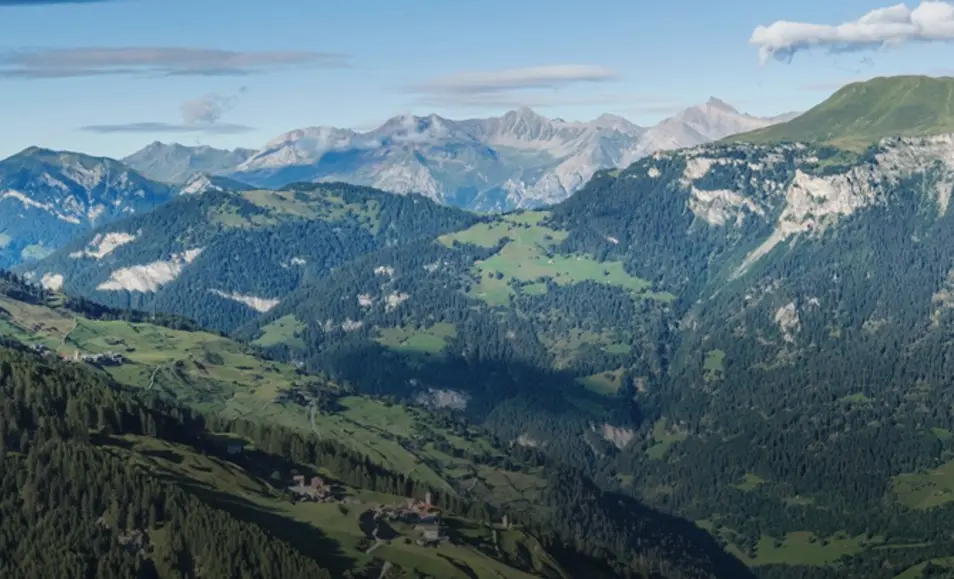
The mountain regions of Europe are facing major changes, for example as a result of climate change. As part of this EU project, in cooperation with 16 partner institutions from 23 countries, we are investigating which value chains are particularly resilient and how we can learn from regional innovations in the long term.
Project goal: Develop new competencies in the mountain regions of Europe and create suitable policy frameworks. Increase resilience and sustainability in mountain areas by means of new and improved value chains.
Research groups: Geography of Food, Tourism and Sustainable Development Research Unit
Project partner: University of Cordoba
Further information: Project website (in German)
Sustainability in Swiss tourist destinations
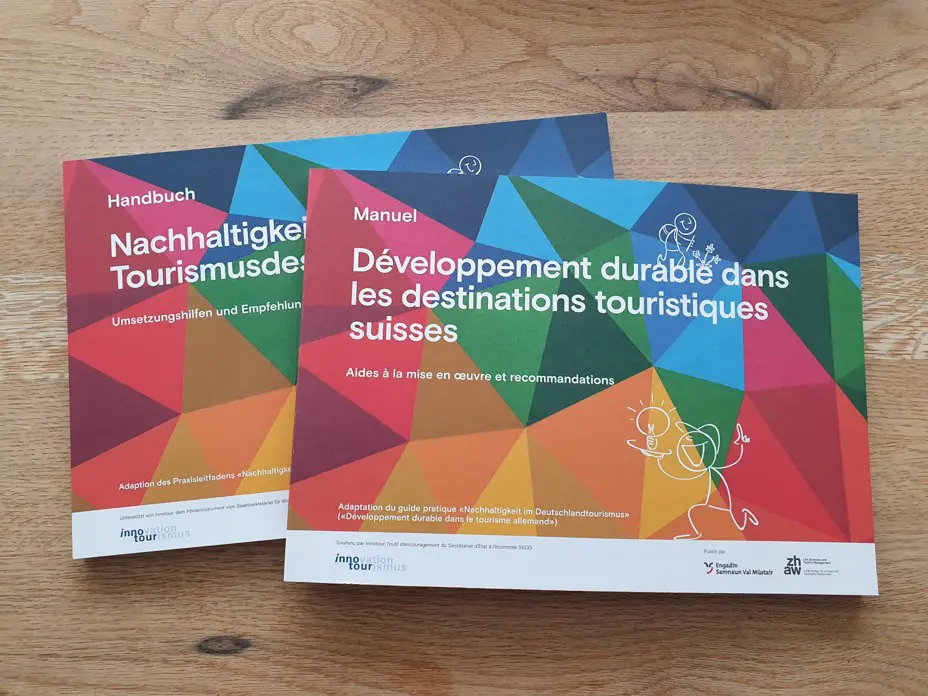
Destination Management Organisations (DMOs) play an increasingly important strategic role in a destination. How can they, together with the various tourism stakeholders, promote the sustainable development of their destination and thereby enduring high quality tourism?
Products
- Manual «Nachhaltigkeit in Schweizer-Tourismusdestinationen» (Sustainability in Swiss Tourism Destinations)
- Practical course Road Map nachhaltige Destinationsentwicklung (Sustainable Destination Development)
- Feasibility studies and rough concept Rating Nachhaltigkeit in Tourismusdestinationen (Sustainability in tourism destinations)
- Needs assessment national competency centre sustainability in tourism
Research group: Tourism and Sustainable Development
Further information: Project website
Wild!stauden-Mischpflanzungen: Planting for more biodiversity in our cities
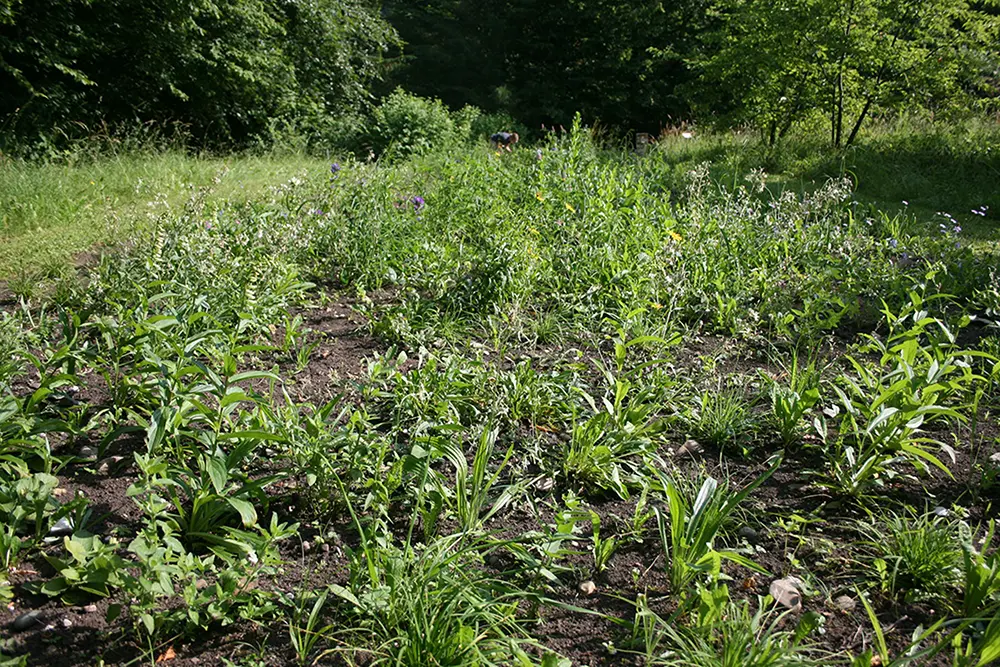
How can we increase biodiversity in cities with wild shrubs and mixed plantings? In this project, the use of native mixed plantings specially developed for humus-rich soils is being investigated in various cities.
Projektziele
- Assessment of above and below ground diversity in these areas
- Assessment of the maintenance requirements
- Evaluation of the reactions of urban residents
Research groups: Planting Design, Soil Ecology, Sustainability Communication and Environmental Education, Environmental Genomics and System Biology, Environmental Planning
Further information: Project website